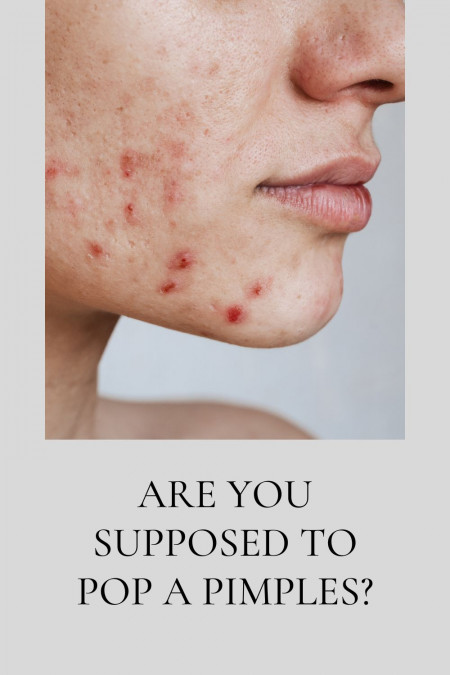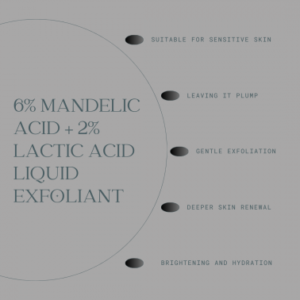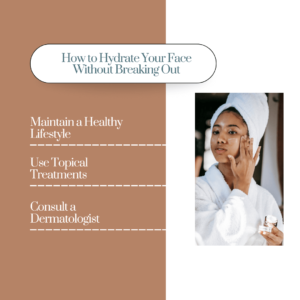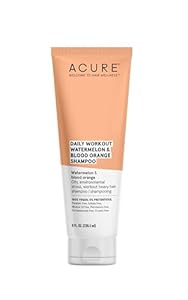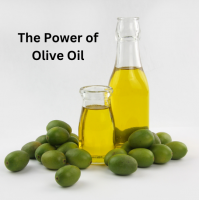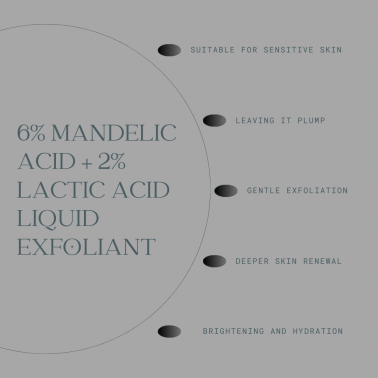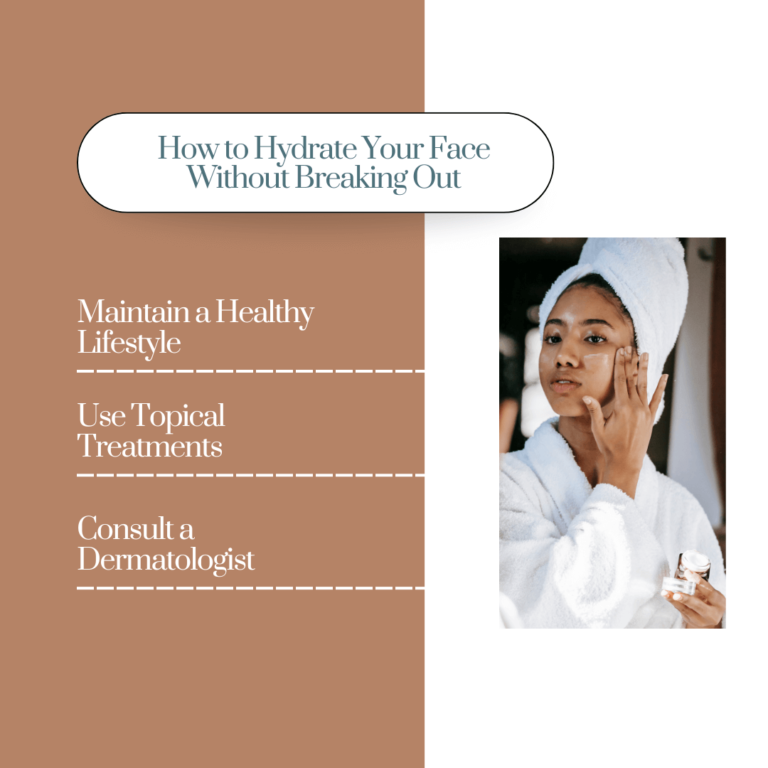Are you supposed to pop a pimples?
We’ve all faced the temptation of popping a pimple. But with so much conflicting advice, it’s hard to know what’s best: Should I pop a zit? Should I let it be? From whiteheads to cystic acne, understanding how to handle different types of spots can make a huge difference in your skin health and appearance. we’ll address these questions and provide clear answers to help you decide if – and how – you should pop pimples.
Should I Pop a Zit? Understanding the Risks
The urge to pop pimples can be intense, especially when a pimple feels large, painful, or very visible. But before you pop, it’s crucial to know that dermatologists typically advise against it. Why? Popping pimples can often lead to increased inflammation, scarring, and sometimes, even more acne. While some think popping pimples speeds up healing, the reality is that improper techniques can make a pimple worse by pushing bacteria deeper into the skin.
Should I Burst a Pimple or Let It Heal Naturally?
Many skincare experts suggest letting pimples heal on their own whenever possible. But what happens if you don’t pop a pimple? The body’s immune response will naturally target the infected area, breaking down the pus until it’s reabsorbed. This means the pimple will heal from the inside out, often with fewer chances of scarring.
Where Does the Pus Go if You Don’t Pop a Pimple?
A common question is: Where does the pus go if you don’t pop a pimple? Simply put, your body has a natural way of handling it. When left alone, the pus is gradually broken down and reabsorbed by the skin. This not only prevents further irritation but can also help avoid unwanted scars.
How to Pop a Pimple Without Leaving a Scar
If you feel like you must pop a pimple, it’s essential to know how to do it safely. Follow these steps to reduce the chances of scarring:
- Cleanse the Area: Start by washing your hands and the affected area.
- Use a Sterile Needle (Only for Whiteheads): For whiteheads, a sterilized needle can be used to gently pierce the tip.
- Apply Gentle Pressure: Use clean tissues or cotton swabs to apply gentle pressure. Avoid squeezing hard, as this can damage the surrounding skin.
- Disinfect and Protect: After popping, disinfect the area with an antiseptic and apply a soothing cream.
These steps can help minimize the risk, but it’s still better to let pimples heal naturally when possible.
Should You Pop Pimples When They Are White?
Whiteheads are tempting to pop since they’re closer to the skin’s surface. Should you pop pimples when they are white? In some cases, yes – if done carefully and only if the pimple is truly “ready” (with minimal pain or inflammation). However, popping whiteheads improperly can lead to scars, so it’s best to follow the steps above.
What Happens if You Don’t Pop a Pimple?
Allowing a pimple to heal can prevent scarring and further infection. When you don’t pop, the skin will absorb the pus naturally, reducing irritation over time. For deeper, cystic pimples, letting them heal without interference is especially important, as these pimples lie deep under the skin and are more likely to scar if popped.
How to Pop a Whitehead or a Pimple That’s Not Ready
Whiteheads can be popped safely, but popping a pimple that isn’t ready to pop yet will only worsen your skin. For ones that are still somewhat painful, deep under-skin type of pimples — it’s best to keep your hands off. When you attempt to pop these too early, it can result in infection and scarring. Apply a warm compress to alleviate pain and help in draining the cyst naturally.
How to Handle Pimples That Hurt
Sometimes, pimples can cause pain even without any direct contact. When dealing with a painful pimple, the optimal approach is to refrain from popping it. Pain typically indicates inflammation, so rather than popping the pimple, it is advisable to consider soothing the affected area with warm compresses or targeted treatments. This method aims to reduce the swelling and discomfort without the potential of scarring that may result from popping the pimple.
Popping Cystic Pimples and Blackheads: What You Need to Know
Cystic pimples are painful and deep under the skin, and popping them is strongly discouraged. Attempting to pop a cystic pimple with a needle, for example, can push bacteria even deeper and create significant scarring. Similarly, popping blackheads or any form of acne extraction should be done with caution. For larger blackheads and cysts, a professional facial with extractions is often the safest approach.
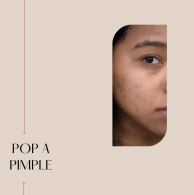
Post-Popping Care: What to Do After Pop a Pimple
Even when done safely, popping a pimple can leave the skin irritated. Here’s what to do after popping a pimple to help it heal faster:
- Apply Antiseptic: Clean the area to prevent infection.
- Use a Soothing Cream or Gel: Aloe vera or other soothing agents can reduce redness and calm inflammation.
- Avoid Touching the Area: Keep your hands off the popped pimple to prevent bacteria transfer.
These steps will help reduce inflammation and promote faster healing.
Why Do Pimples Hurt Less After You Pop Them?
Many people report feeling immediate relief after popping a pimple, and that’s because the pressure buildup has been released. However, this doesn’t mean the skin is healed. The area will still require care and attention to prevent scarring and ensure proper healing.
How can I hydrate my face without breaking out?
Conclusion
So, should you pop a zit? While it may feel extremely satisfying at the time, popping pimples can set this process backward: letting a pimple go away on its own will often leave less scarring and inflammation. But for those who can’t resist popping pimples, there are safer ways to get the job done. If your acne won’t go away and is not responding to treatments, or if you have cystic/cystic form type lesions that hurt badly when pressed on them (like boils), it’s best to be evaluated by a board-certified dermatologist who will recommend an appropriate treatment regimen for your skin condition.
Popper that we are, there is not much more satisfying than popping a pimple but with the right method and timing—our go-to trick might work to save our skin from being covered in dark spots.

